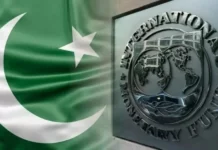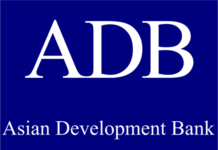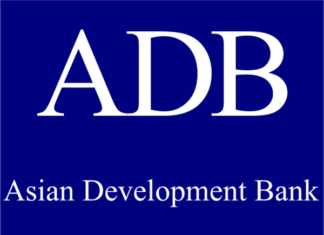ISLAMABAD: The Federal government has planned to raise taxes on retail, agriculture, and real estate sectors. Alongside a wealth tax on movable assets is also on the cards under the economic revival plan.
The finance ministry has stated in its monthly economic update and outlook September, 2023 that the key measures under the Economic revival includes revenue enhancement strategies Including tax revisions in sectors like retail, agriculture, and real estate, alongside a wealth tax on movable assets, as deemed appropriate.
In addition, tax exemptions worth billions will be limited to essential sectors only like food and medicine, whereas austerity measures to rationalize government expenditures, along with a review of subsidies and grants is likely to take place.
The government will also review the Development Plan and emphasis toward Public-Private Partnership (PPP) projects, besides Compliance with Quarterly budget targets and IMF agreements. This includes both tax collection and debt liabilities.
Furthermore, the government under the proposed plan will also focus on the 5Es framework (Exports, Equity, Empowerment. Environment, and Energy) in order to address socio-economic challenges, and to encourage export expansion and business facilitation.
According to the Finance division, the use of Information Technology to digitize the economy and expand the tax net is also something that the interim government is keen on implementing.
The proposed plan also includes State-Owned Enterprises (SOEs) reforms, including an SOE policy which is yet to be enacted.
The Central Monitoring Unit (CMU) and SOE performance reports will also be prepared while focusing on the implementation of a Treasury single account (TSA), remittance incentives, energy conservation, and price controls.
The Privatization Commission will also be looking to privatise selected Public Sector Enterprises using various modes. Initiatives include assessing privatization options for power sector DISCOs, restructuring options for PIA-CL, and unbundling studies for SNGPL will also be conducted.
On the other hand, the government under the proposed plan will reduce corporate taxes in order to improve non-bank finance, and promote the capital market.
For export enhancement, implementation of Weighted Average Cost of Gas (WACOG), operationalization of EXIM bank, and faster clearance of sales tax refund are priority short-term measures.
The short-term initiatives for Business facilitation and promoting investment, are also to be taken by the Board of Investment, including the Asan Karobar plan (establishing central e-registry, development of Pakistan Business Portal).
According to the monthly report, IT exports will also be boosted through a Startup Pakistan Program, training and policy interventions. In telecommunications, reforms aim to foster growth and introduce 5G technology.
In Maritime affairs, initiatives include reducing freight charges, enhancing ship recycling, developing port master plans, and revitalizing the fisheries sector. Pakistan Railways to focus on governance, private sector participation, technology. and digitalization.
The National Highways Authority (NHA) also looks towards a comprehensive plan to restructure resources, focus on maintenance and optimization, and seek private-sector financing.
The Petroleum Division is implement price reforms and attract foreign investment, along with other initiatives.
In the Power sector, short-term actions include an anti-theft campaign, cost reduction through solar initiatives, and renegotiating IPP agreements.
According to the finance division, the recent administrative measures aimed at improving the availability of essential food commodities and expected ease in supply constraints have improved the inflation outlook.
Administrative and regulative action for curbing illegal activities in the foreign exchange market have started to yield desired dividends and narrowing the gap between interbank and open market exchange rates.
On the external front, current account deficit and aligned indicators are showing some developments in August. Similarly, fiscal performance remains satisfactory at the start of FY2024.
It is expected that the economic revival plan and prudent actions – policies including SIFC and IT policy- will attract new investments to create a multiplier effect in the economy for higher and inclusive economic growth in FY24 and further in the medium term.
























Quite informative article
Rising taxes might help to reduce inflation
Taxes needs to be implemented in other fields as well
The article does provide very authentic info
Amazing information